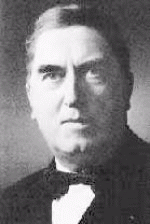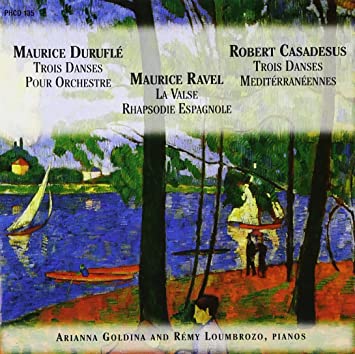
Durufle, Maurice
Maurice Duruflé was born at Louviers, on January 11, 1902. From 1912-1918 he was a chorister and student at Rouen cathedral. He studied piano, organ, and theory there under Guilmant’s pupil Jules Haelling, and this is where he developed his affection for gregorian chant and the modal harmonies which are so intrinsic to his musical personality.
In 1919 he went to Paris to continue his studies. He studied organ there, first under the great Charles Tournemire (1870-1939)and was his assistant at St. Clothilde (Franck’s church), and then under the famed Louis Vierne (1870- 1937) at Notre Dame. These men represented France’s two greatest minds at the time in the field of organ music.
In 1920 he entered the Paris Conservatoire, studying organ with Eugene Gigout, harmony with Jean Gallon, counterpoint and fugue with Georges Caussade, and composition with Paul Dukas. He took first prizes for organ, harmony, accompaniment, counterpoint and fugue, and composition. He won a prize for interpretation and improvisation in 1929 in a competition organized by Friends of the Organ, and the following year won the prize for composition for his Prelude, Adagio et Choral varie du Veni Creator, Opus 4. In this year he was also appointed organist at the church of Saint-Etienne-du-Mont, a post shared with his wife after 1953, and held until his death. In 1943 he was appointed professor of harmony at the Conservatoire.
He quickly gained a reputation as a virtuoso and skilled improviser, touring throughout Europe, the Soviet Union, and North America. His compositions number but 14, and he credits the scarcity of his output in part to a cripplingly overly critical nature developed from years of teaching.
